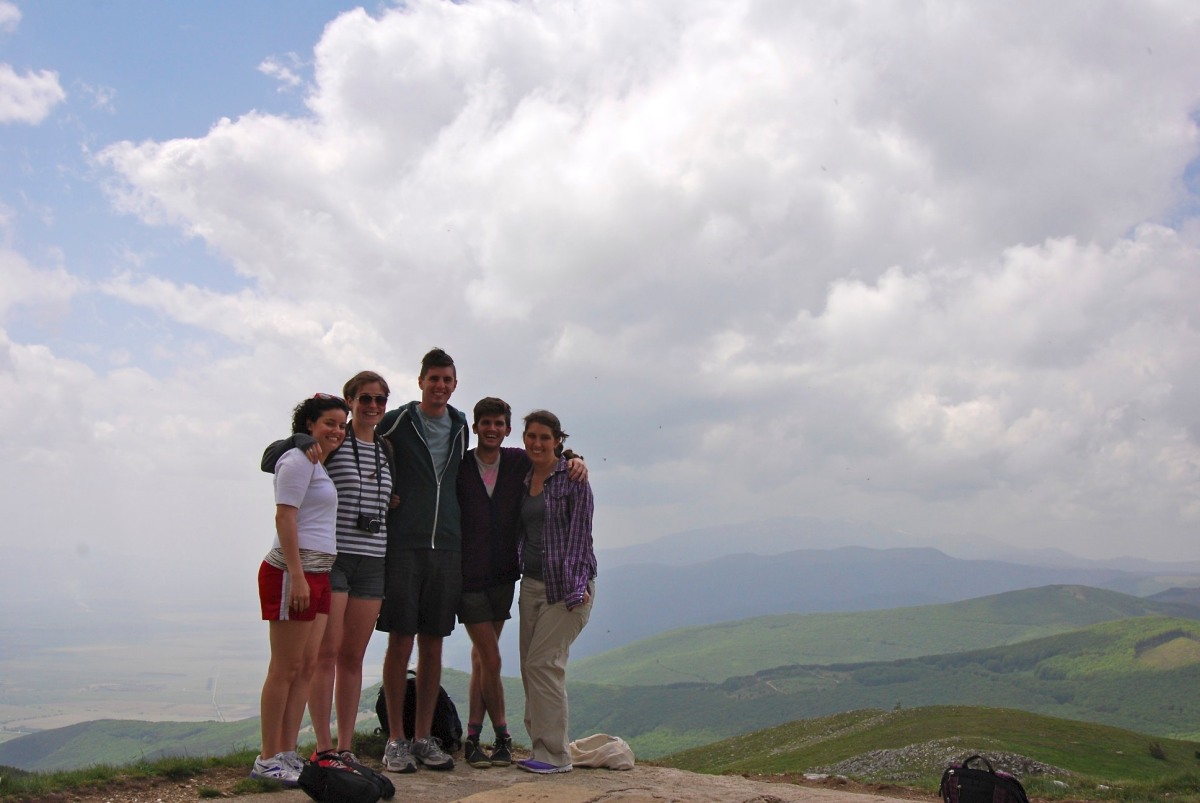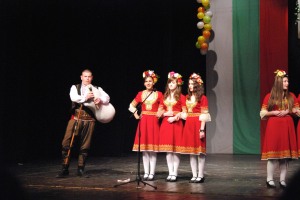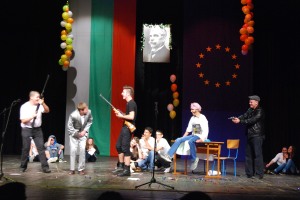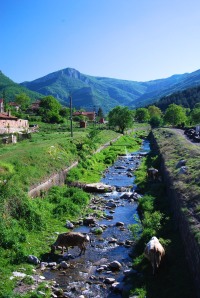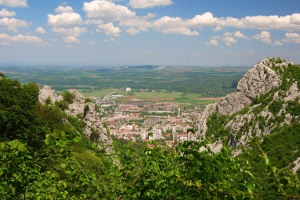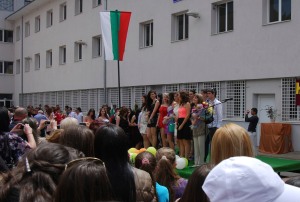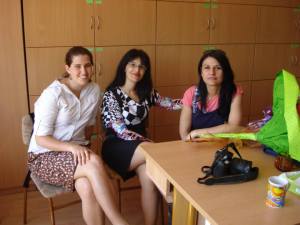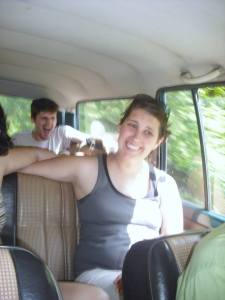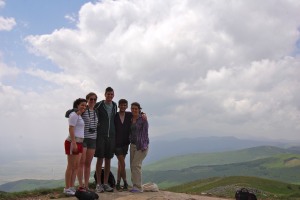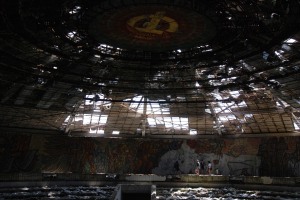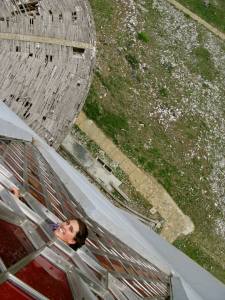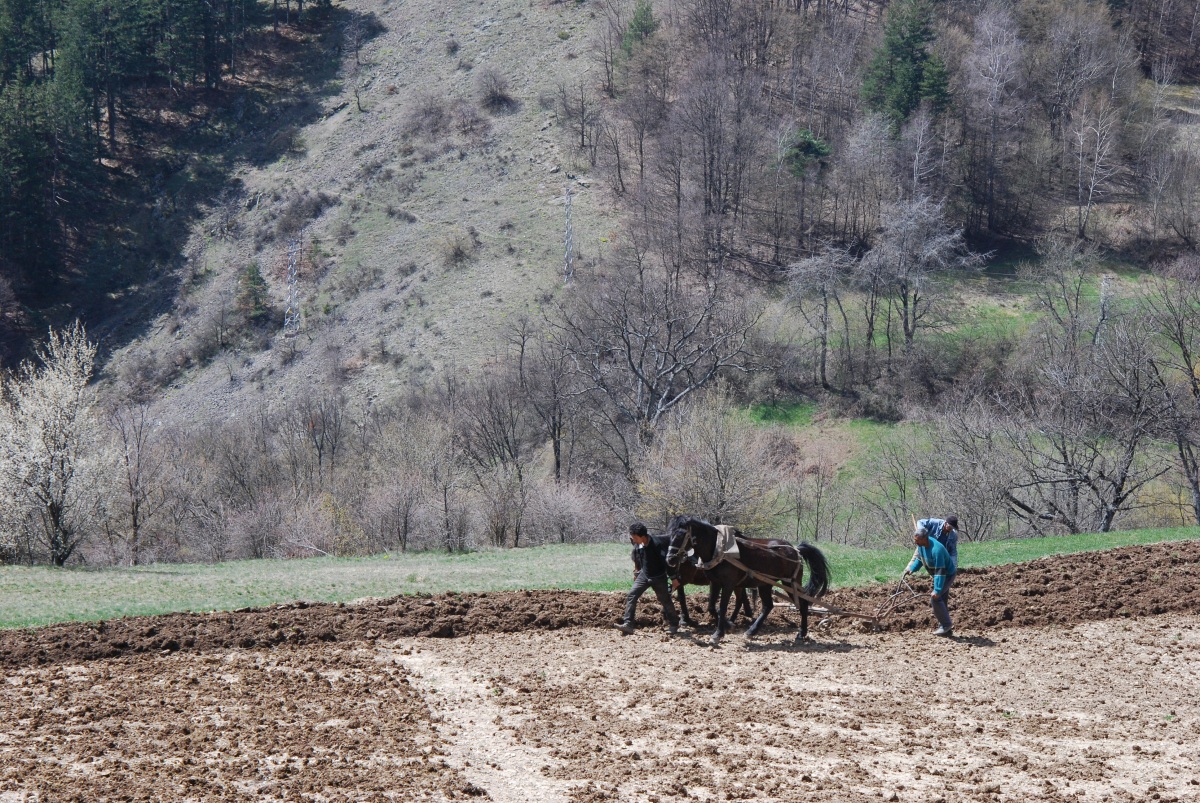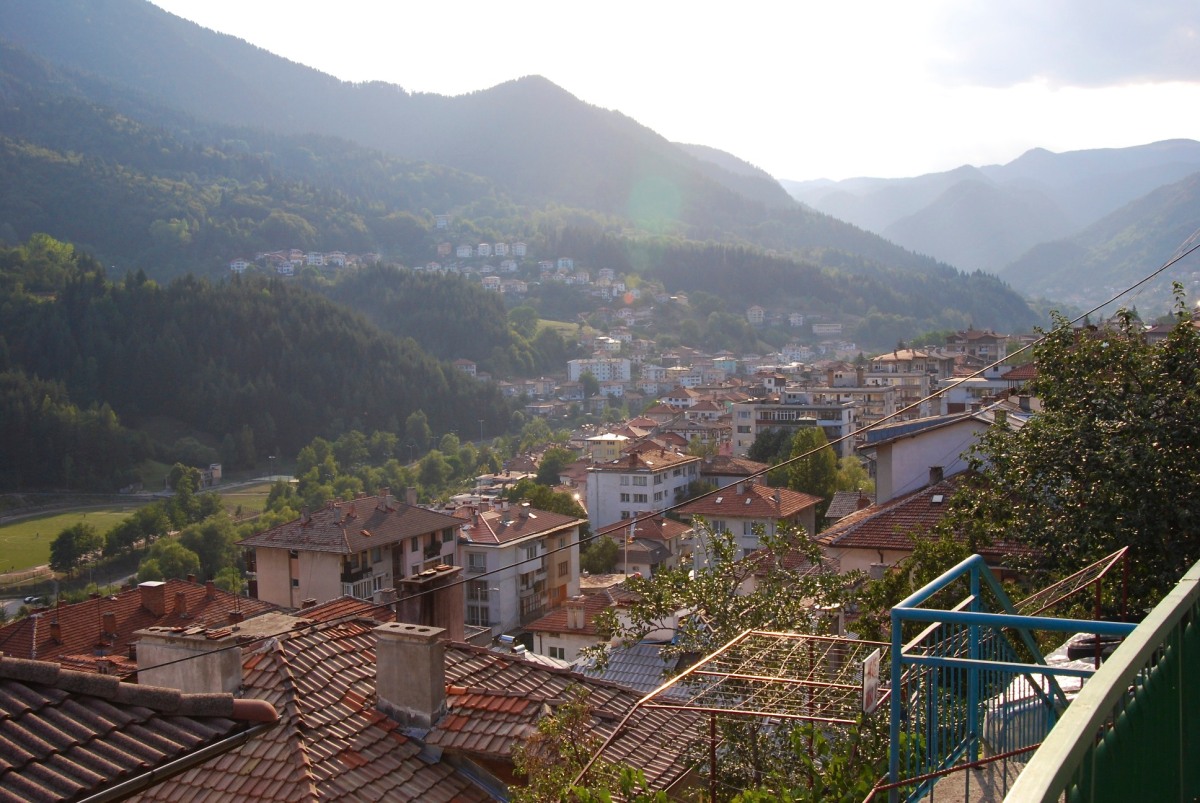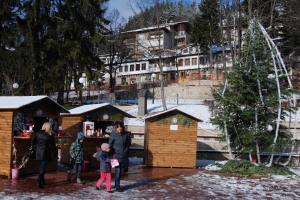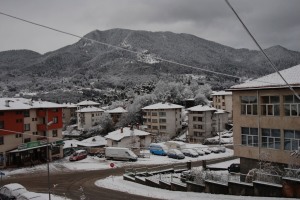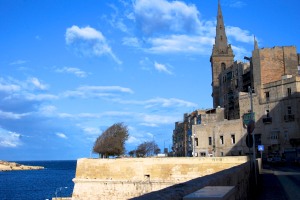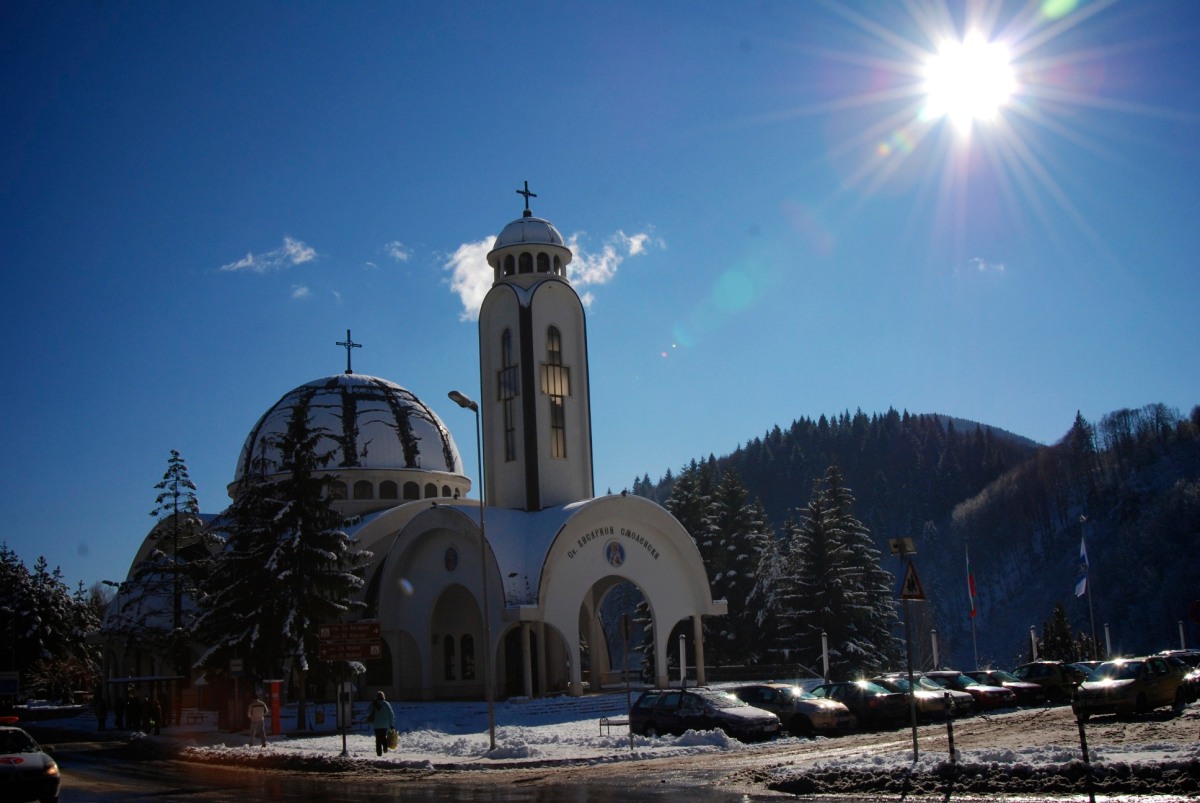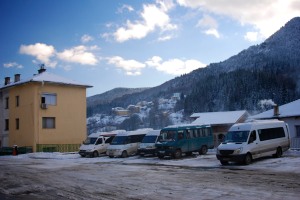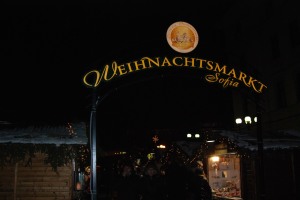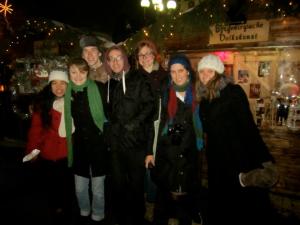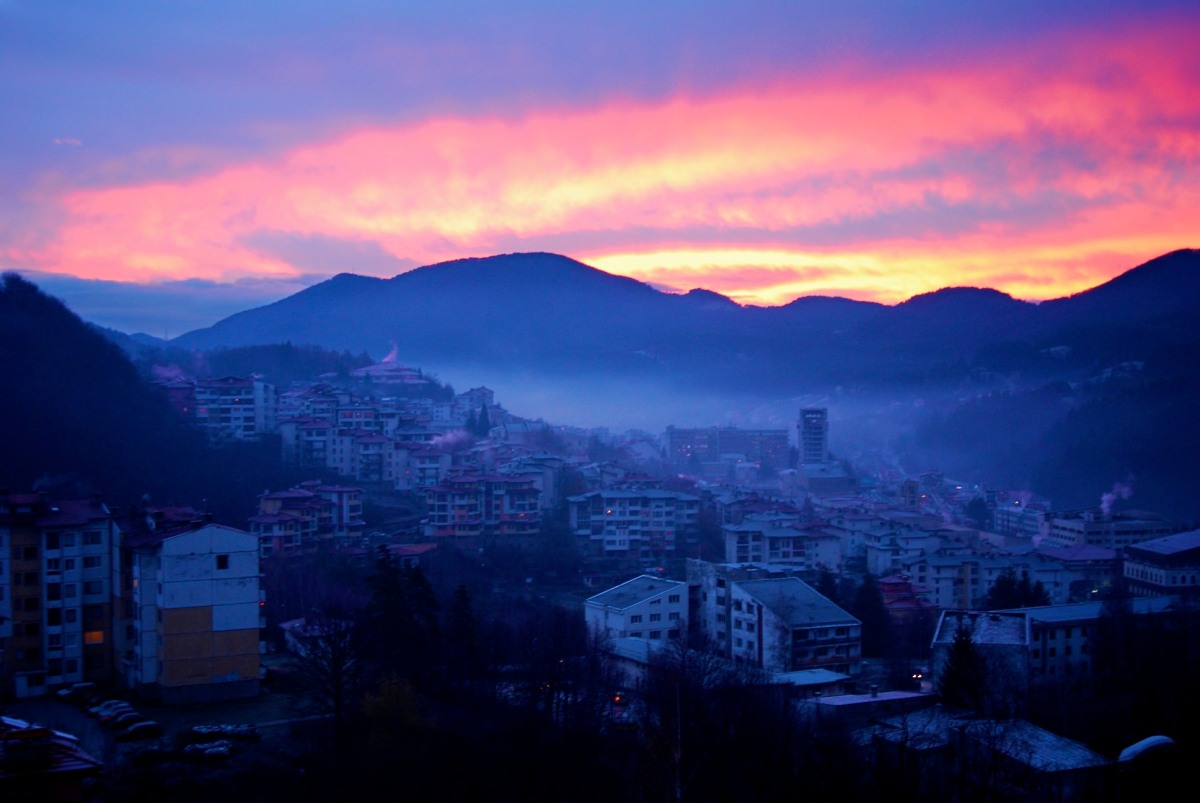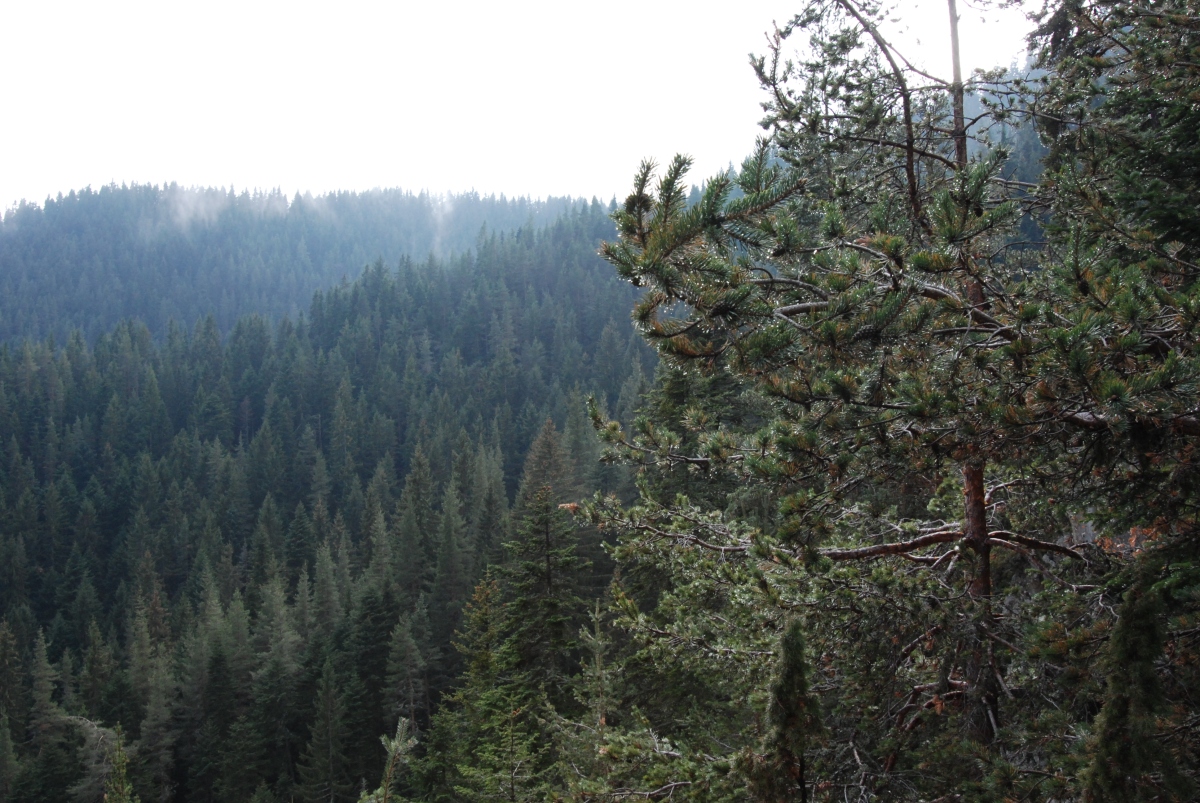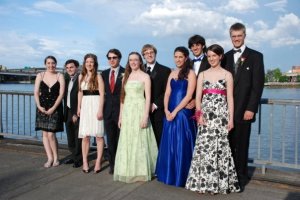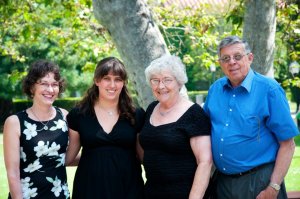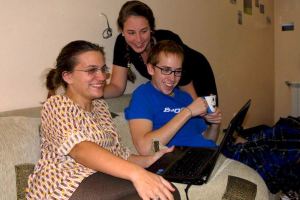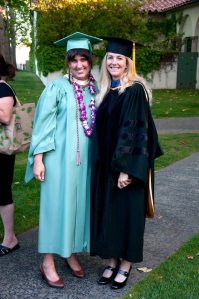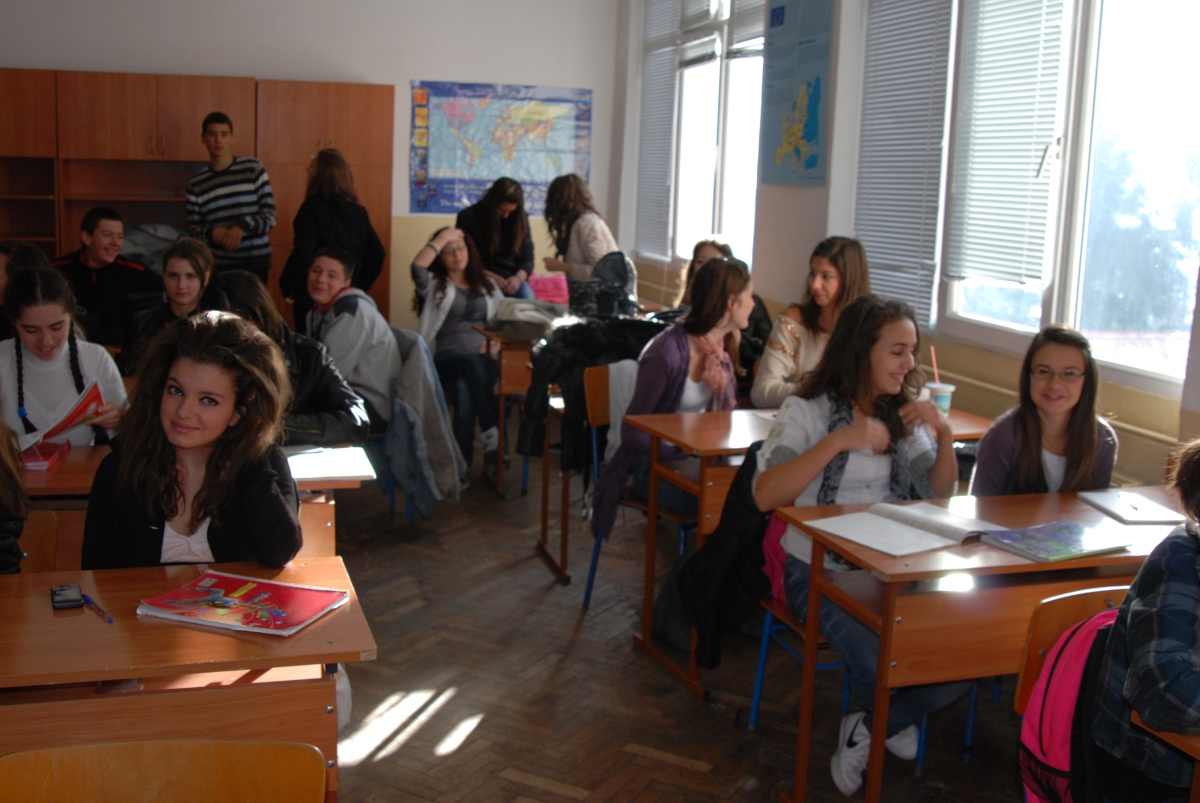This week has been one of lasts: last Monday teaching, last Tuesday in Smolyan, last Wednesday night in Bulgaria. But in truth, my time here has been winding down gradually for a while.
In May, my school held its annual Festival of Languages. This is the highlight of the year for the school. When I started in September, the kids were still talking about last year’s Festival.
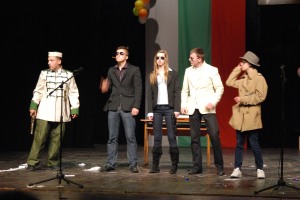
The festival challenges each class to perform a play, 14 classes in all. Some perform in English, others in German, Bulgaria, hybrids of two or three. One group performed a telenovela-style play in Spanish. In the weeks before the play, regular class time turned into rehearsal time. The day of the festival, regular school was cancelled and the school met at Smolyan’s theater to watch the student plays. I acted as a judge, conferring with the other teachers, two 12th graders and the Principal on which plays and performers were award worthy. The plays themselves ranged from classical literature and fairy tales to Bulgarian history, morality tales to exciting bank robberies. A theater full of kids mouthing along to Thriftshop while everyone takes their seats, traditional folkdance and bagpipe to start off the festival, electric guitars in the intermission. It was a surreal day that marked the beginning of the end.
Since the Festival and the abundance of days off in May that followed, the attention span of my classes shrank dramatically. Some days felt more like babysitting than anything else.
The 12th grade classes officially left school in mid-May, though most had stopped coming many weeks before. Their school-leaving ceremony (formal graduation wasn’t until June) was a celebration and a fashion-show. The only part of the ceremony I could really understand was the chant from one to twelve that each class yelled when they took the stage, and chanted sporadically throughout. The Principal led the school in the horo, and when the 12th graders left, they did so in cars that honked constantly through the night, cruising around town and cheering.
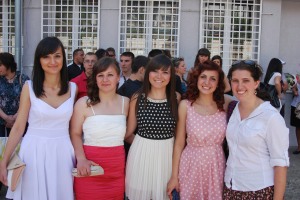
Now, this week, it really is the end. I’ve been saying a lot of goodbyes and some have been better than others. There are classes and individuals I will really truly miss, but it would be a nostalgia-stoked delusion to say I will miss it all, or miss them all. It would be sin of omission to pretend that there weren’t days this year when I would walk into an empty or half-empty classroom and a chorus of hallelujah would play itself out in my head. But there are also classes I missed when they were inexplicably all absent, and many kids to whom I wish I could’ve said goodbye.
The classes I had with the 8th graders this year had by far the best dynamics, and were the most fun to teach. Though their English level was lower, they always seemed the most willing to listen, the most willing to participate, and the most willing to reciprocate by teaching me. It might be a product of the age, and that’s something that surprised me—that I would connect most with the youngest of the lot. Those classes have not surrendered to the teenage ideology that apathy is cool, but maybe that is still in store for them. I hope they resist, if it is.
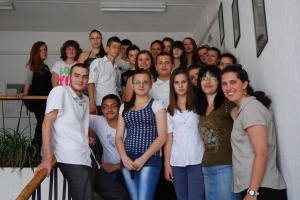
But in every class, there were a handful of students I enjoyed getting to know. The students who would help maintain control in the classroom, or who would simply keep talking to me when the others turned their backs to play cards, or the ones who showed up to watch Doctor Who when the rest of the class had stopped coming forever ago. I probably won’t forget the kid who threatened to kill me, or the ones who threw fireworks out the window, or continued to yell out racial and homophobic slurs after asking them not too, but maybe I will forget them. The impressions that those students made aren’t permanent. The connections and good memories I did make with students this school year are indelible.

